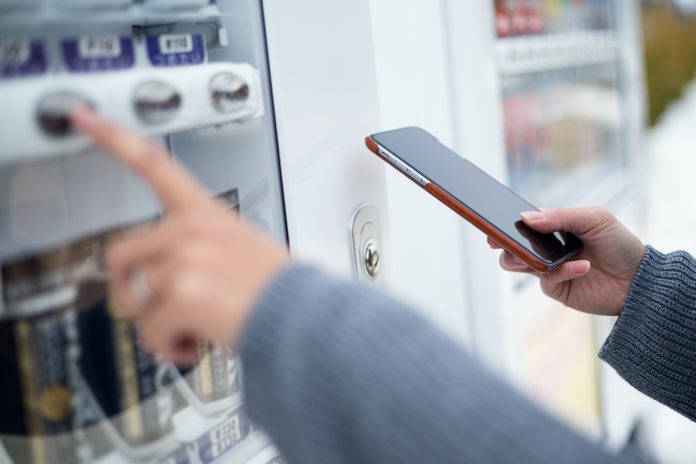
Coca-Cola linked up with startup in-car commerce platform Cargo to provide beverages to Uber and Lyft passengers in Cargo’s headquarter market of Atlanta.
A Cargo-equipped car will have access to Coca-Cola beverages to offer for purchase to riders, starting with sampling of its Glaceau Smartwater, as well as snacks, candy, and free items like phone chargers. The ordering process will be handled within the Cargo app.
“We’re very excited to enter this new distribution channel in rideshare with Cargo,” said John Carroll, VP and GM of eCommerce at Coca-Cola in a press statement. “Cargo offers an innovative solution to helping Coca-Cola deliver refreshment to consumers in their moment of need in a space that was previously hard to reach at scale. We’re looking forward to seeing the impact we have on rideshare passengers when they find our product within arm’s reach when using Uber and Lyft.”
Uber and Lyft drivers can earn extra income — approximately $300 monthly — by providing these in-car extras. According to Cargo, drivers can earn $1 per every sale plus a 25 percent commission on each paid item. The drivers absorb no costs for providing the service; Cargo pre-packs the items for sale each month in a display box, ships replenishments to their home, and provides a direct deposit payment.
“We view this as a first step in our partnership,” said Cargo CEO and founder Jeffrey Cripe, according to Hypotemus. “Beverages are Cargo’s most requested item and we are excited to begin to satisfy consumers’ thirst with Coca-Cola products in all of our markets, including the West Coast and Southwest where we are launching soon.”
Products available through Cargo include popular and trendy items such as hangover cures, Korean face masks, and even protein bars. Cargo claims it is the only scalable, data-driven in-car solution for reaching today’s audiences who avidly use ride-share services.
In addition to Atlanta, Cargo currently operates in New York City, Boston, Chicago, Minneapolis, Baltimore, and Washington, D.C. The company expects its vending machines to be in 20,000 vehicles serving more than 25 million passengers in 2018.












